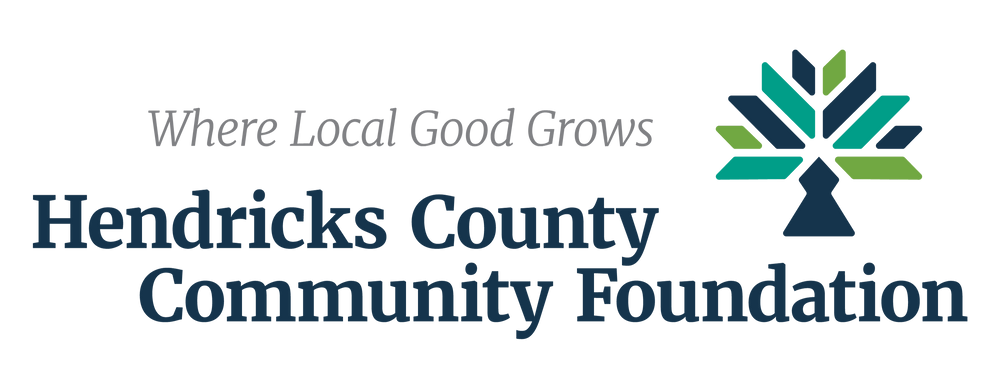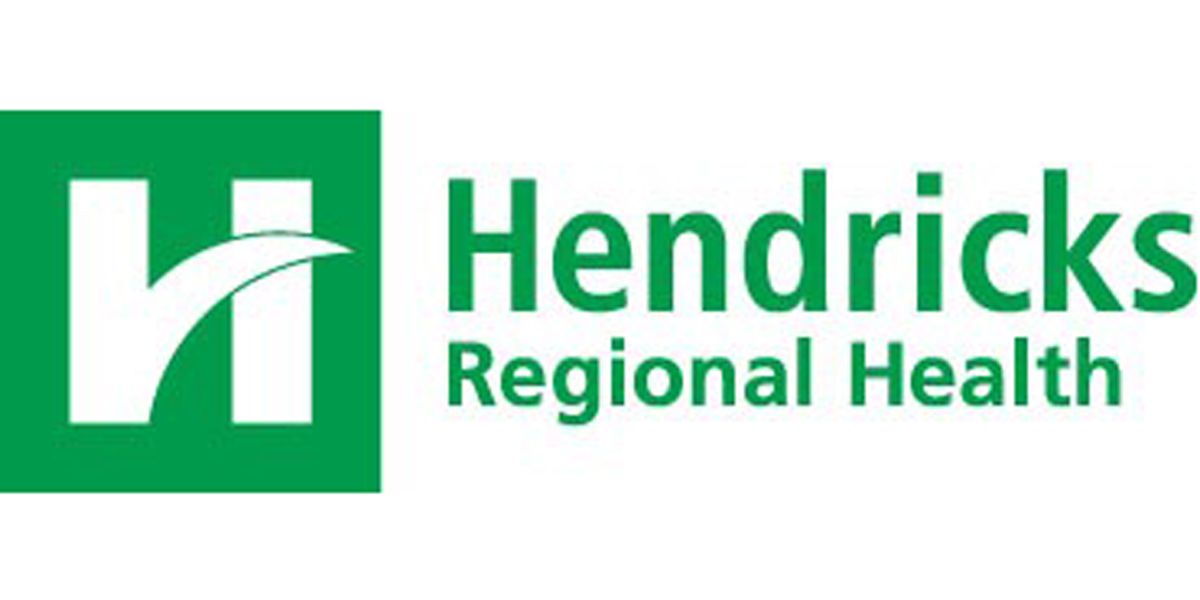DEI Task Force Terms & Definitions
These terms were identified as a tool to understand some commonly used concepts as it relates to Diversity, Equity, and Inclusion. As we progress with this important work, we plan to review this list for updates and changes.
- Accessibility: Ensuring that all people are able to or can participate.
- Bias: Prejudice in favor of or against one thing, person, or group compared with another.
- Diversity: Socially, it refers to the wide range of identities. It broadly includes race, ethnicity, gender, age, national origin, religion, disability, sexual orientation, socioeconomic status, education, marital status, language, veteran status, and physical appearance. It also involves different ideas, perspectives, and values.
- Discrimination: The unequal treatment of members of various groups, based on conscious or unconscious prejudice.
- Equity: Ensuring access to opportunities for all individuals or groups, and providing resources to thrive.
- Harassment: The use of comments or actions that can be perceived as offensive, embarrassing, humiliating, demeaning and unwelcome.
- Implicit Bias: Associations expressed automatically that people unknowingly hold and that affect our understanding, actions and decisions; also known as unconscious or hidden bias.
- Inclusion: The practice or policy of providing equal access to opportunities and resources for people who otherwise might be excluded or marginalized, so that all feel welcome in the community.
- Multicultural Competency: A process of embracing diversity and learning about people from other cultural backgrounds. The key element to becoming more culturally competent is respect for the ways that others live in and organize the world and an openness to learn from them.
- Prejudice: A preconceived opinion, especially one that interferes with impartial judgment and can be rooted in stereotypes.
- Safe/Brave Space: (This may be important in the future to define on how we host meetings: community, Board, committee, etc.) Refers to an environment in which everyone feels comfortable expressing themselves and participating fully, without fear of attack, ridicule or denial of experience.
- Social Justice: A broad term for action intended to create genuine equality, fairness, and respect among peoples.
- Tokenism: Superficial invitations to underrepresented groups in order to give the appearance of equity.


